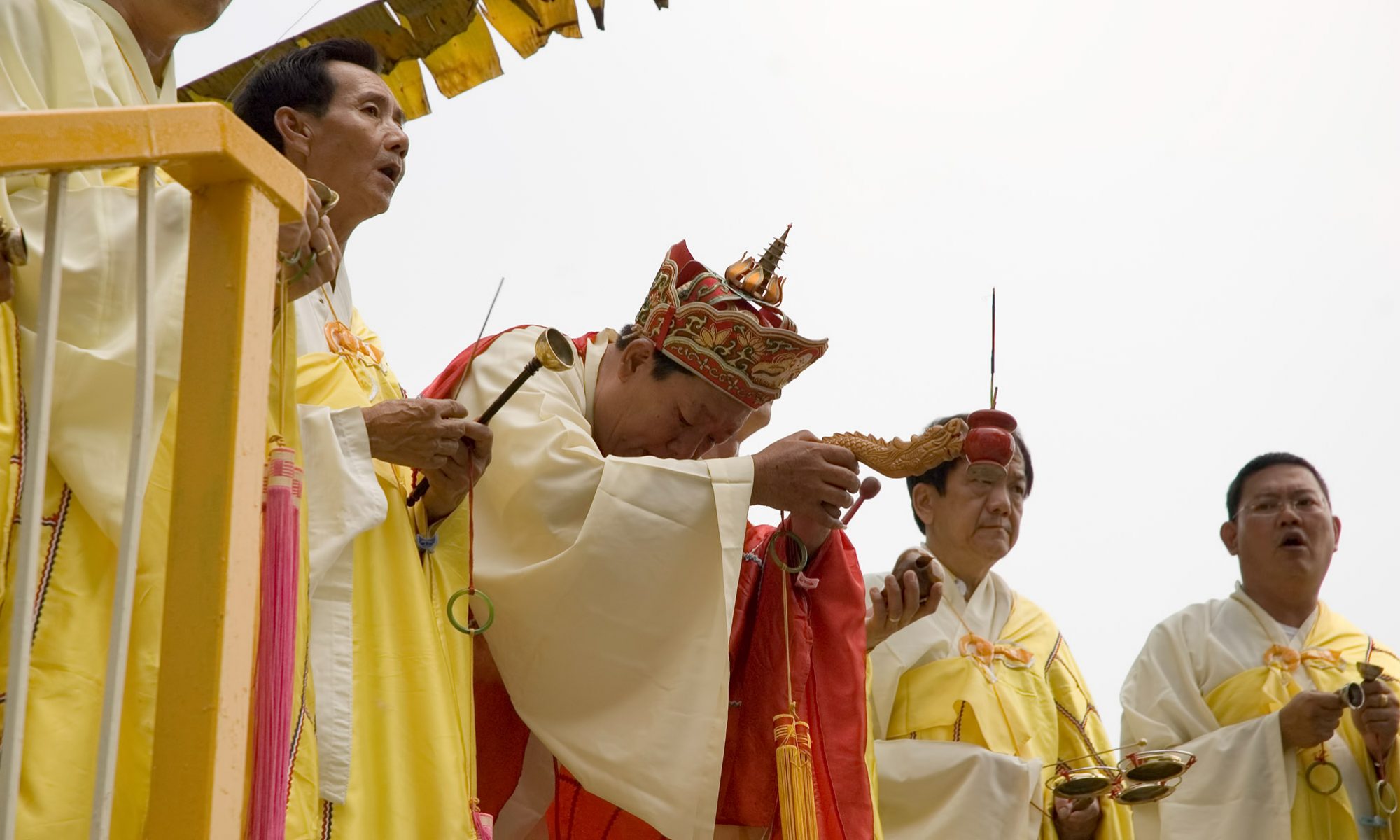
On Vesak …
Master speaks: “Vesak celebration is over a very short period. But the preparation is long and physically taxing for all our volunteers and members. While we work towards another celebratory week, let us remember to cooperate and should any conflicts, misgivings or unhappiness arise, lets park them aside and resolve them later.”
She went on to describe how we should devote our heart and mind. “We should devote whole-heartedly as individuals and as one people with one heart and observe this day that marks the birth, enlightenment and paranivanna of the Buddha.”
As she speaks to the volunteers, she reminds all: “Coming together in the Shrine, be it to seek healing or volunteering your time, it is similar to being on a boat.”
The basic principles of good behavior as we work together in the team include:
- Cooperate and work together as a team
- Harbor no jealous nor pettiness of others because of their roles or responsibilities.
- Harbor no ill will towards others
- Equality of all. Each of perform what we are each best suited to do. There is no special preference, no ranking of tasks as high or low level.
- Remember we are here to devote our time to the Buddha and not to any individual
On Practicing Life ….
On common life misconceptions, she advises: “When we come to the temple, we are there to pay homage and devote our time to the Buddha. We are not there visiting relatives or friends. Yet it is not uncommon to have occasional miscommunications and conflicts among people. Should these instances occur during the time you are at the Shrine, one should not vent one’s anger on the Buddha. The Buddha did not invite you to come; we are there on our own accord. We cannot vent our anger and affect our devotion to the Buddha and affect our practice. We should not possess ego, nor seek privileges. We should devote to the Buddha with no expectations of rewards.”
On the “One Heart” theme …
On the One Heart theme, she explains by first asking “what do you do when you pay respect to the Buddha? What is on your mind? What is on your mind when you buy a fruit to make an offering to the Buddha?”
She explains: “One should not have any doubts, no multiple hearts/minds, simply devoted and focused as we pay homage to the Buddha. When we make an offering to the Buddha, we shouldn’t be expecting some sort of return or rewards. That is “one heart”, the focused one heart.”
She further illustrates: “It is not uncommon to hear individuals after years of devotion, questions why they still suffers. It’s doubtfulness. One must have faith, complete faith in the Buddha and his teachings. The Buddha instructions should be followed with complete faith.”
“We doll ourselves to look best when visiting the shrine, but is our heart just as beautiful? We should not just prettify the body but the mind and the heart as well.”
“Everyone has a role to play in and out of the Shrine, but in the end, we come together in the Shrine and share the same objective “that of calming our mind, learning to walk the path, and understanding the Buddha’s teachings”.”
2008年卫塞节庆典 – 师傅的训辞
在卫塞节…
师傅说: “卫塞节庆典为期很短。 但准备时间却很长,而且我们的所有义工和成员也会消耗很多体力。当我们在努力筹备另一个庆典周时,要记得发挥合作精神,如果出现任何冲突、疑虑或不愉快的事件,先把它们放在一边留待日后解决。”
她继续描述我们应该如何奉献我们的心和精神。 “我们应该以个人的全心和以一个人的“一心”奉献,然后遵循这代表着佛陀出生、成道和涅盘的日子的全部礼节。”
她提醒所有人: “一起走进佛堂,不论是寻求赐医或是执行义务工作,都好比在同一条船上。”
在团队中一起工作时的好行为之基本准则包括:
- 发挥合作及协作的团队精神。
- 不对其他人的角色或职责心怀嫉妒或小气。
- 不对其他人心怀恶意。
- 大家都是平等的。 每个人都在执行他们最合适的工作。没有特殊的偏爱、
- 工作不分高低。
- 切记我们来到这里是为了将我们的时间奉献给佛祖而不是任何个人。
在修行的生活中…
在对生命的常见误解中,她建议: “我们去寺庙的目的是为了礼佛和向佛祖贡献我们的时间。 我们不是到那里拜访亲戚或朋友。但在人群中仍然偶尔会发生沟通上的问题和冲突事件。 如果当你在寺庙时发生这些情况,千万不要将你的愤怒发泄在佛祖身上。佛祖并没有邀请你来,我们是自愿到那里去的。 我们不能将我们的愤怒发泄在佛祖的身上而影响我们对佛祖的奉献,同时也影响了我们的修行。我们不应该拥有自我主义,或是要求特权。 我们应该以不期望报酬的心态来奉献佛祖。”
在“一心”主题上…
在“一心”主题上,她通过先提出这些问题然后解释:“当你在礼佛时你会做些什么? 你的脑海里会想些什么? 当你在买水果供佛的时候你会想些什么?”
她解释: “我们不应该有任何疑惑,不多心也不要多想,只需虔诚供奉和在礼佛时专心一致就可以了。当我们供奉佛祖时,我们不应该期望任何类型的回报或报酬。这就是“一心”,专注于一颗心上。”
她进一步阐明: “常常会听到人们在供奉了许多年后,质问为什么他们还在忍受痛苦。 这是不解的。我们必须要有信念,对佛祖和他的教诲拥有完全的信念。 佛祖的指示应该以完全的信念奉行。”
“我们在拜访佛堂时会将自己的外表装扮得最好看,但我们的心是否也一样漂亮?我们不应该只修饰我们的躯体,也应该修饰我们的思想和心灵。”
“每个人在佛堂以内和以外都有各自的任务需要执行,但最终我们还是会聚集在佛堂里分享共同的目标:平静我们的思想、学习如何走佛法之路,以及了解佛祖的教诲。”
